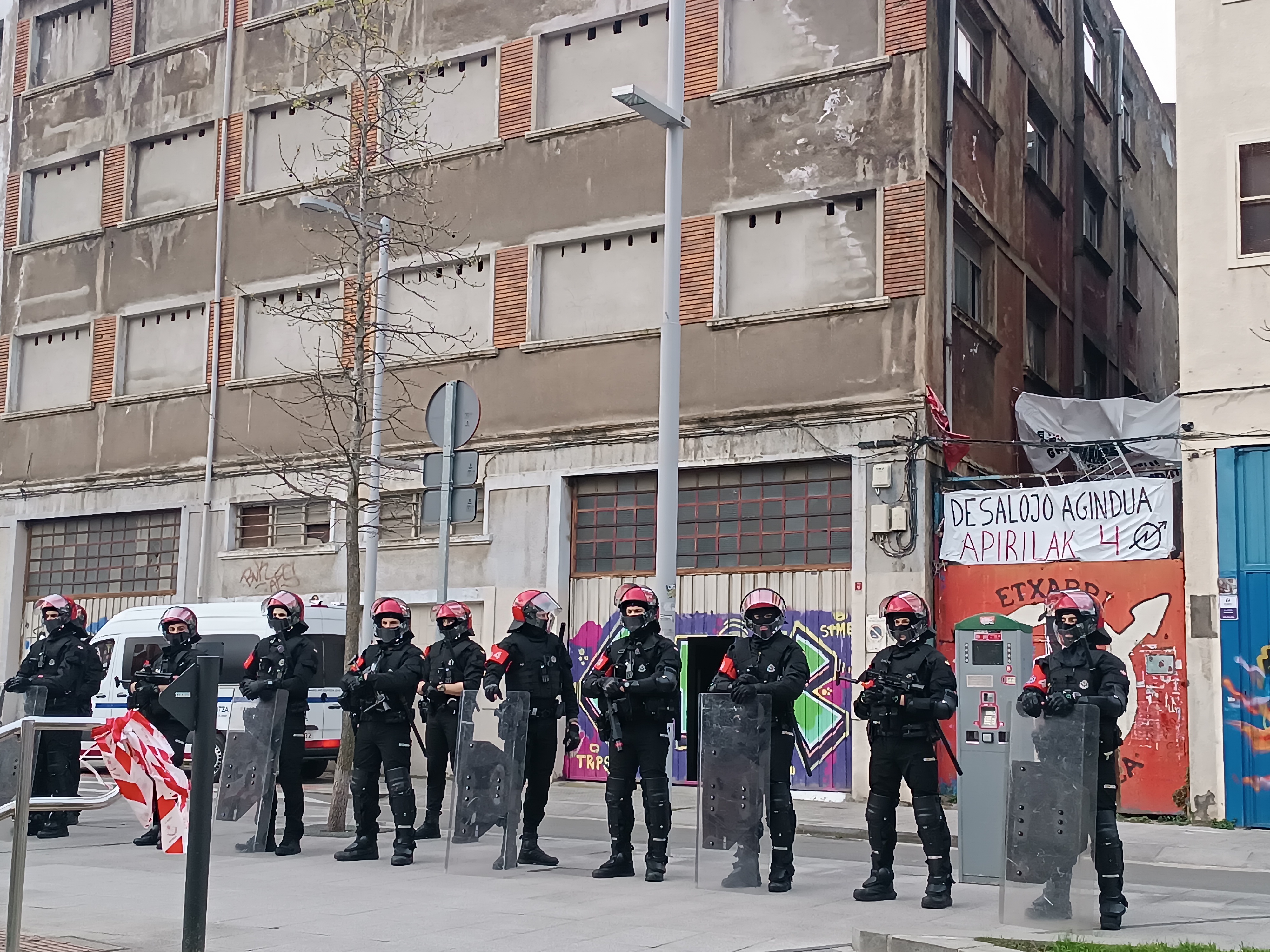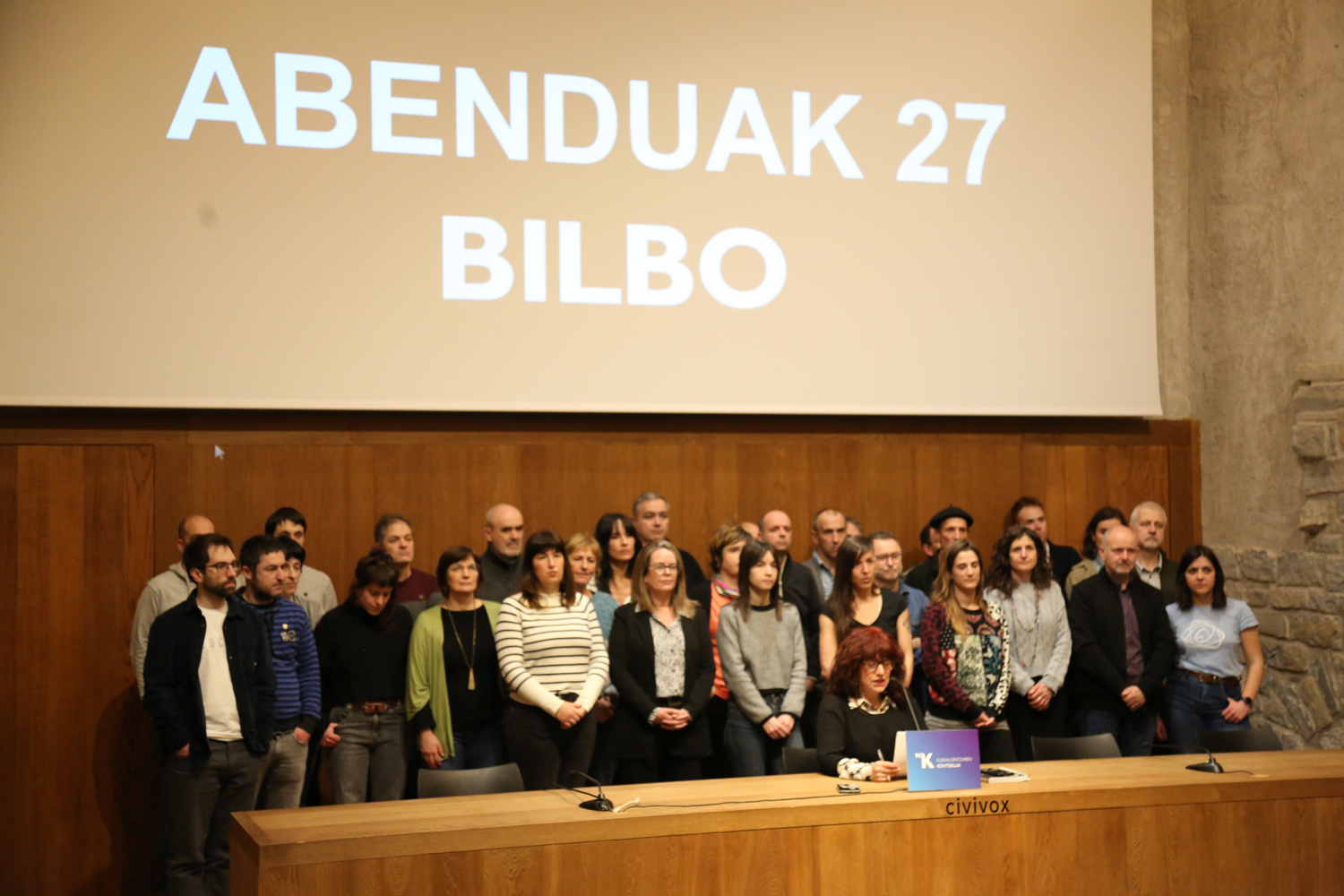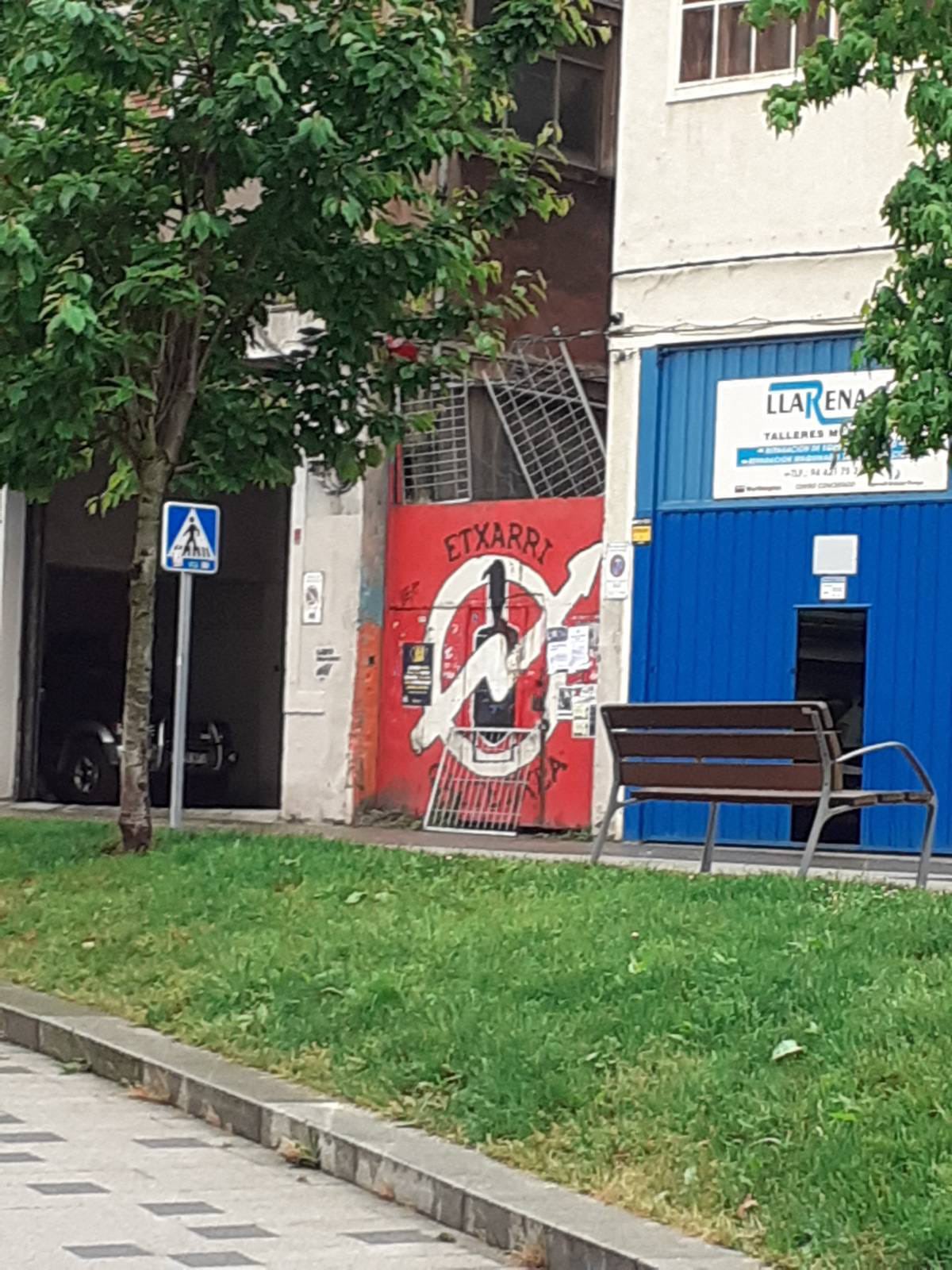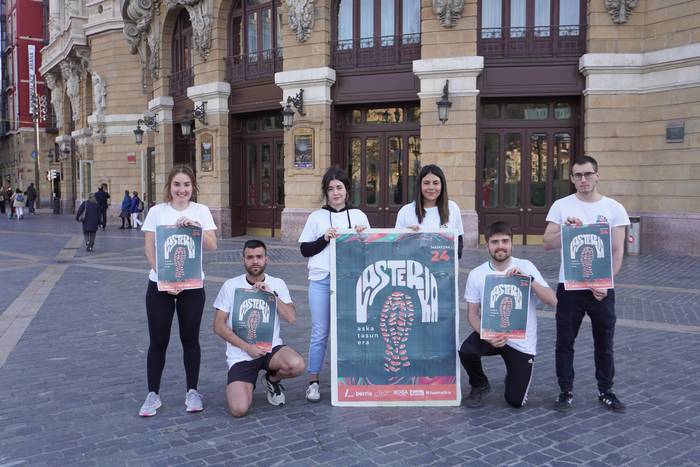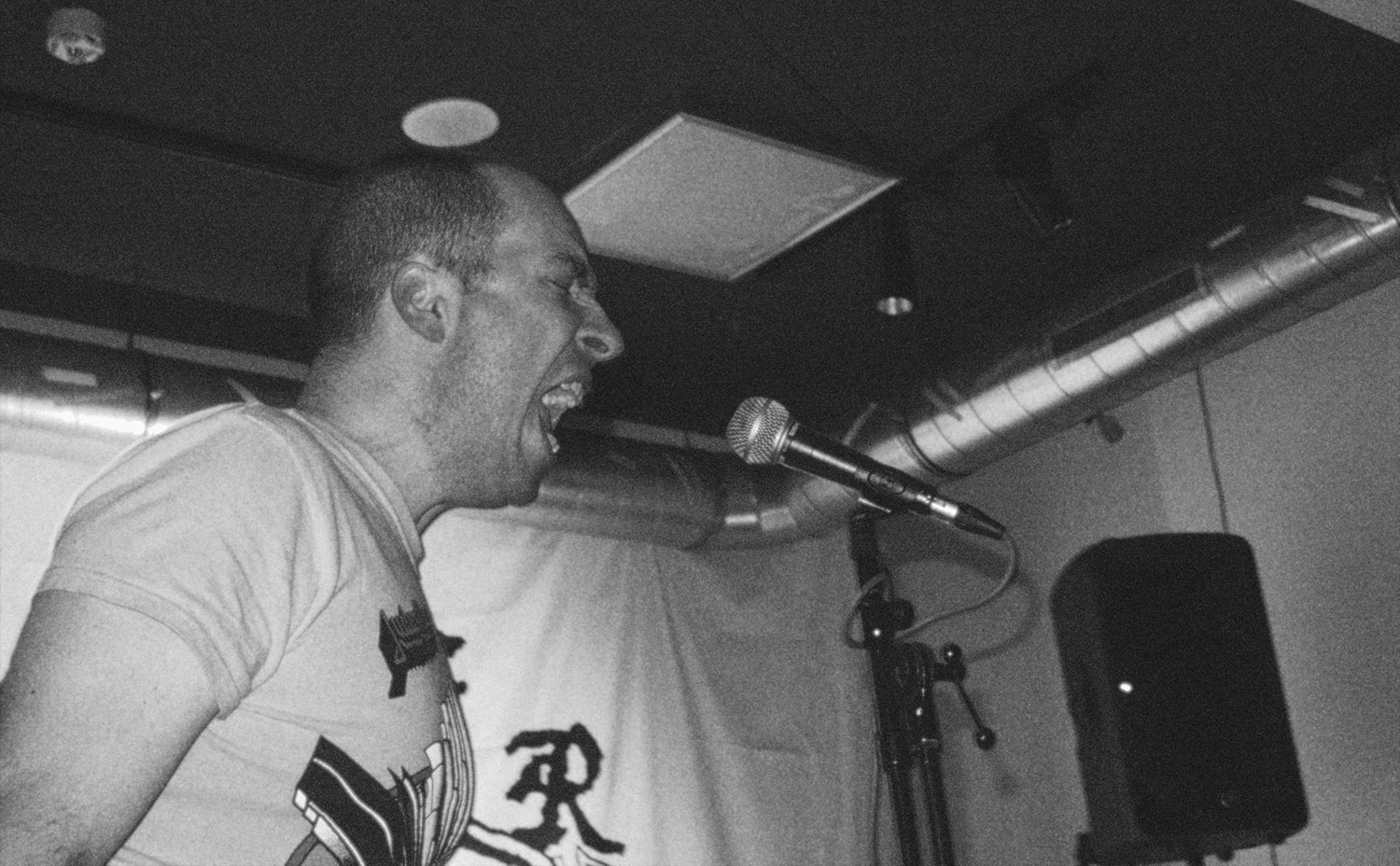The Low Emissions Zone begins in Bilbao, among the critics of ecologists
- The City of Bilbao wants to reduce the number of cars in the city centre so that air pollution decreases. To this end, it has taken the same step that is being taken in several cities: to ban access to the centre for the most polluting vehicles. Environmental groups have criticised the measure, among other things because of its "classic tone".

The City Council of Bilbao has done the test. It controlled the vehicles that have passed through the neighborhoods of Indautxu and Abando between 15 June and 15 September. Access to Class A vehicles is prohibited from 16 September. If in those three months the ordinance had entered into force, 1,600 vehicles would have been fined for circulating in the CSR Low Emission Area. This figure represents 3% of the cars that have been in the area during that time. Over a period of three months, the number of Class A vehicles has fallen by 60%. The ban for class B will begin on 15 June 2025. In Bilbao, the number of cars of this type has been reduced by 35% in the CAV and Navarra.
Class A is that which uses petrol and registered before 2000 or diesel before 2006. Over a period of three months, the city centre has fallen by 14%.
The Spanish State has classified cars according to their contagion capacity: non-emission cars, ECO and type C, B and A cars.
The car, less and less privilege
In July the article signed by the collective Sukar Horia, published by ARGIA, was published on the Internet. They do not agree with the measures taken. They acknowledge that the theoretical objectives of these measures are “the fight against pollution and climate change”, but stress that they have received criticism from the environmental movement. On the one hand, they criticised the fact that the measure strengthens the myth of the green car, that is, that some cars are considered clean. In fact, those that do not have emissions, those of ECO level and those of type C will have no restrictions. In the opinion of Sukar Horia, the concepts of ‘auto’ and ‘ecological’ are incompatible.
On the other hand, they have criticized the "classical air" of the measure, which has qualified as "unbeatable". They ask the following question: “If the owner of an old car can approach the center of Bilbao by public transport, why can’t an executive that goes to the Iberdrola Tower do the same?”
Yellow Fever has made other proposals regarding the use of the car: to strengthen public transport, to remove space from cars and to extend spaces to bicycles and pedestrians, and to reduce access to vehicles according to the need and not to the economic capacity of the driver.
In February, Ekologistak Martxan submitted allegations to the Bilbao City Council’s Low Emission Areas Ordinance. He then explained that the implementation of CSR is a “good idea” to reduce greenhouse gas emissions. However, he stressed that this policy should be accompanied by measures to reduce the use of private vehicles. In response to the concrete proposal of the City Council of Bilbao, the environmental movement made several allegations, among which it criticised the clear link between the delimitation of CSR and the income of the districts where it is to be implemented (Abando e Intxaurrondo).
Also in the villages?
On 11 September, the Citizen Forum on Sustainable Mobility was opened in Bilbao and the Mobility Advisor of the Basque Government, Susana García Chueca, explained that the Basque Government is finalising the text of the Sustainable Mobility Plan for the next decade. Among the actions included in this plan, he proposed that “not only large cities, but also medium-sized municipalities take measures to calm traffic, adapting to the reality of each people”.
Lantegia espazioa, Esperantza liburutegia, Arte Ederren Museoko eta Euskal Museoko lanak, Urdaibaiko Guggenheim proiektua... Ugari dira Bilbon eta Bizkaian kulturaren ikuspegi utilitarista eta pribatizazioa agerian uzten dituzten adibideak. Alde Zaharreko haur eta gazteentzako... [+]
Bilbon eginiko aurkezpenean iragarri dute ekitaldia, euskarari "arnas berri bat emateko eta behar duen indarraldia gorpuzten hasteko" lehen urratsa izango dela nabarmenduta. Euskaltzale guztiei, baina, oro har, "justizia sozialean eta gizarte kohesioan aurre... [+]
Amenabar enpresak Bilboko Udalaren eskutik apirilaren 4rako agindu duten desalojoaren kontra azaldu dira bilkuran. Poliziak indarrez kanporatu ditu. Ostiral honetan18.30ean, Errekaldeko Plazatik hasiko den manifestaziora batzeko deia luzatu dute gazteek, baita desalojoaren... [+]
Bilbo, 1954. Hiriko Alfer eta Gaizkileen Auzitegia homosexualen aurka jazartzen hasi zen, erregimen frankistak izen bereko legea (Ley de Vagos y Maleantes, 1933) espresuki horretarako egokitu ondoren. Frankismoak homosexualen aurka egiten zuen lehenago ere, eta 1970ean legea... [+]
Kirola eta aldarrikapena uztartuz, maiatzaren 24an Bilbo gazteria independentistaz beteko da. Lasterketa honen bitartez, Euskal Herriaren askatasunaren aldeko balioei lekua egin nahi diote gazteek, independentziarako bidean daudela erakutsiz.
Ertzaintzak martxoaren 13an Bilbon zauritutako bi pertsonaren testigantza jaso ditugu. Athleticen partidaren ostean larriki zauritu zituzten aita-semeak, borra-kolpeka, eta atxilo eraman zuten haietako bat. Furgonetatik ikusi zuen ertzainek nola egin zuten tiro jendearen kontra,... [+]
Hurrengo ariketa egin ezazu zure lantokian, euskaltegian edo gimnasioan:
Altxa eskua Minneapoliseko George Floyd nor den dakizuenok.
Altxa eskua Madrilgo Mame Mbaye nor den dakizuenok.
Altxa eskua Barakaldoko X nor den dakizuenok.
Mame Mbaye manteroa duela zazpi urte... [+]
Bilboko Arrazakeriaren Aurkako Asanblada Arrazakeria ez da eztabaidatzen, borrokatzen da. Ordena kolonialari sua! lelopean antolatu du mobilizazioa, Arraza Diskriminazioa Ezabatzeko Nazioarteko Egunean. Gizarte eta erakundeei "iragan esklabista eta koloniala"... [+]
FITXA
Zer: OLBEk antolatutako Gaetano Donizettiren ‘La favorite’ opera.
Nork: Euskadiko Orkestra Sinfonikoak (zuzendaria: Riccardo Frizza) eta Bilboko Operaren Abesbatzak (zuzendaria: Boris Dujin).
Noiz: otsailaren 18an.
Non: Bilboko Euskalduna Jauregian.
Olor
Noiz: martxoaren 9an.
Non: Bilboko Sarean espazioan.
---------------------------------------------------------
Esperantza. iz. Nahi edo desiratzen dena gertatuko delako edo lortuko delako uste ona.
Izen horixe jarri zion Jokin Azpiazu Carballo Olor ermuarrak bere... [+]











